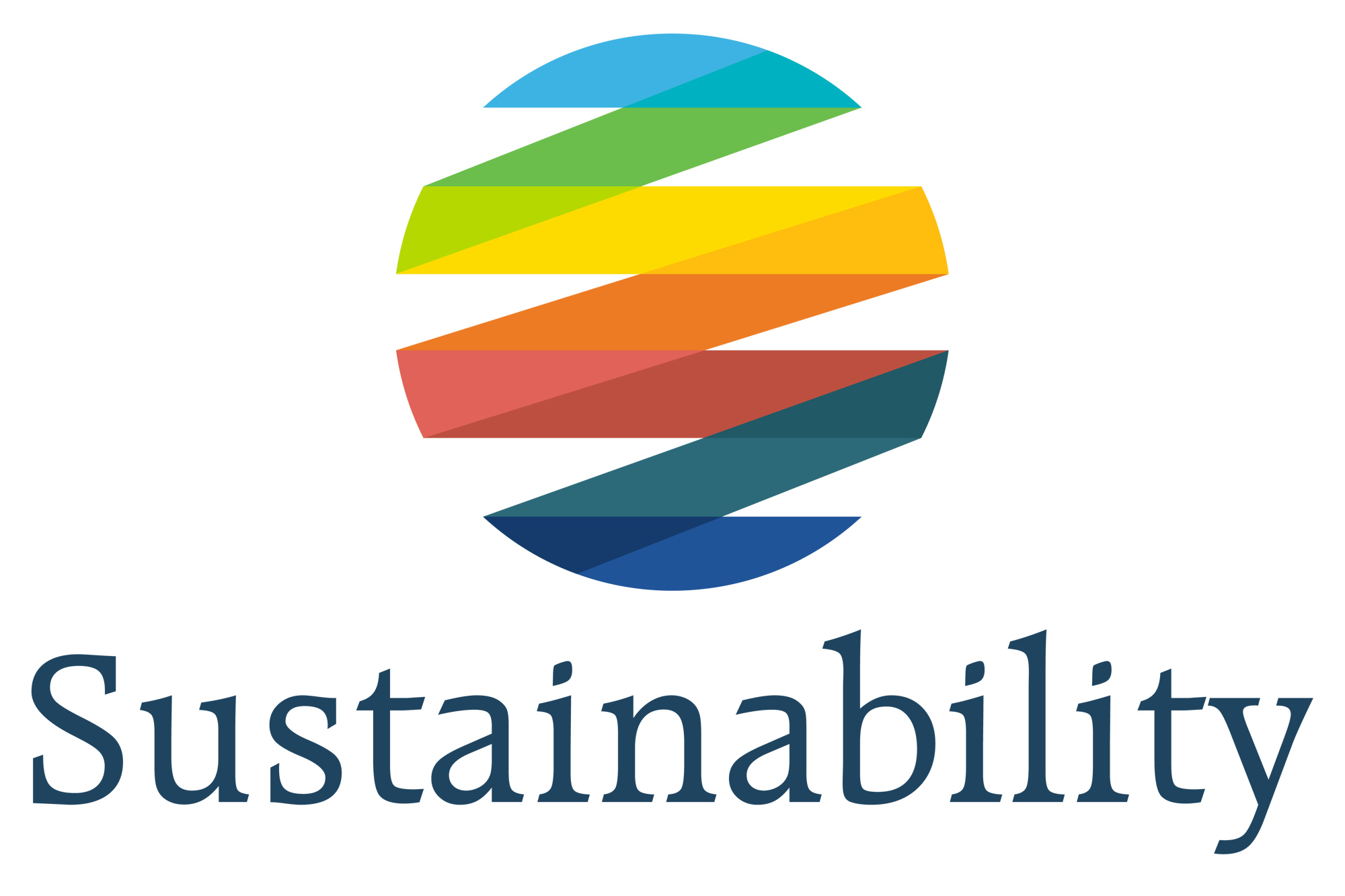General Disclosures
2022 Sustainability Report
Organization and its Reporting Practices
2-1 Organization details
Legal name
JSR North America Holdings, Inc.
Ownership and legal form
Privately held corporation.
Location of headquarters
JSR North America Holdings, Inc.’s headquarters is located at:
1280 N. Mathilda Avenue
Sunnyvale, California 94089
USA
The headquarters of JSR’s corporate parent is located in Tokyo, Japan.
Location of operations
JSR North America Holdings, Inc. operates in the United States.
2-2 Entities included in the organization’s sustainability reporting
This report covers the impacts of:
- JSR North America Holdings, Inc., in Sunnyvale, California
- JSR Micro, Inc., in Sunnyvale, California
- JSR Life Sciences, LLC (employee information only)
Explanatory note: JSR North America Holdings, Inc. provides administrative services, including HR, IT, accounting, EHS, QA, legal, digitalization, marketing communication and internal auditing, for both JSR Micro, Inc. and JSR Life Sciences, LLC. JSR used alone may represent a broader selection of JSR Group companies, including, but not limited to, JSR Micro, Inc. The impacts of JSR Life Sciences activities will be covered in a separate report.
Boundary Transparency: This report does not cover operations in Beaverton, Oregon or Hillsboro, Oregon. The next report, scheduled to be released in 2024 (for data collected in 2023), will cover the Oregon sites.
2-3 Reporting period, frequency, and contact point
Reporting period
FY2020–FY2021: April 1, 2020–March 31, 2022
Reporting frequency
Biennial
Report publication date
August, 2022
Contact point for questions regarding the report:
Missy Bindseil
Director Marketing, Communication and Sustainability
2-4 Restatements of information
There are no restatements of information.
2-5 External assurance
JSR NAHQ did not pursue independent assurance for this report. However, all of the data published in this report is derived from management systems, which are certified by independent third parties. In addition, various independent third parties, such as customers, the California Green Business Program, Bay Area Air Quality Management District, and the City of Sunnyvale, routinely audit JSR’s site.
Activities and Workers
2-6 Activities, value chain and other business relationships
Through its innovative materials solutions, JSR enables the innovations of its B2B customers. The semiconductor industry is a highly integrated sector, and decisions about the selection of materials are made in close cooperation with customers and business partners. All of JSR’s products are accompanied by instructions indicating how to safely handle and dispose of the product after use. Almost all of JSR’s products are used at customers’ sites and disposed of by dedicated waste processors. Very little, if any, of JSR’s products end up in consumer products.

JSR North America Holdings, Inc. is the company’s North American headquarters that supports administrative activities for the US operations of JSR’s two main sectors:
- Digital Solutions: Semiconductor materials produced by JSR Micro, Inc. For an overview of the products that are delivered to the semiconductor industry, see the Material topic: Innovation
- Life Sciences: Drug discovery, development and biopharmaceutical materials manufacturing conducted by JSR Life Sciences, LLC. For a full overview of the products and services that are delivered to the life sciences and biopharma industry see: https://www.jsrlifesciences.com/
JSR serves the North American region; however, as a global company, JSR collaborates closely with its sister company in Belgium, its parent company JSR Corporation in Japan and its Life Sciences affiliate companies.
For supply chain information, see Supply Chain.
Governance
2-11 Chair of the highest governance body
Eric Johnson, CEO of JSR Corporation, is also the president of JSR North America Holdings, Inc. and serves as the Chairman of the Board. In this capacity, he sets the vision and strategy for JSR.
Strategy, Policies and Practices
2-22 Statement on sustainable development strategy
To JSR NAHQ and its subsidiaries, sustainability means conducting business in an ethical manner. As such, sustainability is a mindset that permeates all of JSR’s business activities. JSR strives not just to be in compliance, but also to be a good corporate citizen — creating not only financial value, but also real value for all stakeholders involved. On a practical level, JSR NAHQ’s values, principles and norms of behavior are summarized in the “JSR Group Principles of Corporate Ethics”.
2-23 Policy commitments
Precautionary Principle or approach
Each year materials regulations become more stringent, with tremendous global impact. Beyond regulation or legislation, JSR’s customers require compliance with industry standards as well as customer-specific material restrictions. These developments occasion a precautionary approach — there is no benefit in developing a product that contains materials that will be banned. The EHS department monitors and records all regulatory updates and performs an annual internal compliance audit. To understand and anticipate future requirements, JSR maintains regular communication with the Semiconductor Industry Association (SIA) and Semiconductor Equipment and Materials International (SEMI), JSR’s corporate headquarters in Japan, and its sister company in Belgium, JSR Micro N.V. Please see the following information for additional information on JSR policies:
2-26 Mechanisms for seeking advice and raising concerns
JSR provides a fully anonymous, no fear of retaliation, ethics hotline. The hotline is available 24 hours a day, every day of the year and allows any employee to communication on matters that could be considered illegal, unethical, or improper business conduct.
2-28 Membership associations
- Semiconductor Equipment and Materials International (SEMI)
- International Microelectronics Assembly and Packaging (IMAPS)
- The International Society for Optics and Photonics (SPIE)
- Semiconductor Industry Association (SIA)
- Biotechnology Innovation Organization (BIO)
2-29 Approach to stakeholder engagement
List of stakeholder groups
- Employees
- Customers
- Business partners
- Suppliers
- Community
- Industry and trade organizations
- Government and regulatory agencies
Identifying and selecting stakeholders
JSR engages proactively and continuously with stakeholders that critically influence JSR’s success: employees, customers, business partners, suppliers, industry associations, and government regulatory agencies. In addition, JSR is also responsive to the requests that JSR receives from stakeholder groups with which it has less frequent contact, such as neighbors, the local community and non-government organizations (NGOs).
Approach to stakeholder engagement
Engagement with stakeholders is an organic process evolving daily, monthly, or quarterly in different ways with a variety of groups and organizations. For example, stakeholder engagement happens during on-site customer audits and review meetings, as well as in JSR customer supplier scorecards and questionnaires. JSR also receives direct feedback from stakeholders related to sustainability trends, and incorporates these into the sustainability program. Sustainability continues to be an important aspect of the semiconductor industry. Although use of conflict minerals is a crucial issue for the electronics industry and many of JSR’s stakeholders, this topic is not addressed here, as JSR does not use these minerals in its products.
JSR customers are increasingly concerned about transparency on sustainability impacts within the company’s operations and supply chain. JSR has adopted the Responsible Business Alliance (RBA) Code of Conduct and expects other members of the supply chain to manage risks and impacts accordingly. For additional information on stakeholder engagement and materiality topic development, please see sections 3-1 and 3-2.
2-30 Collective bargaining agreements
No portion (0%) of the workforce is covered by a collective bargaining agreement.

